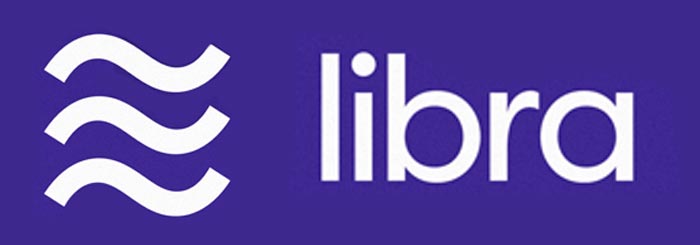After months of work, the launch of the website and the Libra whitepaper, the cryptocurrency of Facebook, has come to light. It seems that the times are long gone when the prohibitions and restrictions against Blockchain technology and cryptocurrencies that the social network has been applying for more than a year to publications related to the industry.
A few weeks ago Facebook changed this perspective to a more favorable one that casually coincides with the launch of its Libra cryptocurrency.
In an industry where privacy is something highly valued by the community and one of the main characteristics of cryptocurrencies, it is suspect that with the use of the Facebook’s cryptocurrency this privacy may be compromised.
Regarding this matter, from the official website of Libra they say:
The association itself is not involved in processing transactions and does not store any personal data of Libra users. Transactions are processed and stored by validator nodes. Transactions are created by users of the system and typically contain information such as the sender and receiver’s public blockchain address and the transaction amount […] This approach follows the norm of pseudonymous transactions adopted by other major blockchains.
This type of pseudonymous transactions are used by cryptocurrencies such as Bitcoin or Ethereum, among many others, and work in the following way: When a transaction is made, the identity of the person who sends or receives a number of cryptocurrencies is not known, but it is known that a quantity of cryptocurrencies, leaves the wallet A towards the wallet B.
Until this moment Libra is as private as many others can be, but what level of privacy will it have when this cryptocurrency is used to send transactions from one Facebook account to another one, from one WhatsApp account to another or from one Messenger to another? Both the Facebook and WhatsApp accounts have all the necessary information to identify both the issuer and the receiver, so the anonymity of these transactions is totally ruled out.
It has to be borne in mind the scandal in which Facebook was involved in sharing sensitive data of 87 million users, where Cambridge Analytica used this information to support the Donald Trump campaign in 2016.
For users of cryptocurrencies that seek total anonymity, there are several projects focused on privacy, such as:
Komodo

NIX

- The Protocol Llayer: Consensus mechanisms and the privacy protocol
- The Utilization Layer: Tools and features
- The Communication Layer: Chain interoperability
- The dApp Layer: Development of dApp and use cases
Grin

Monero













